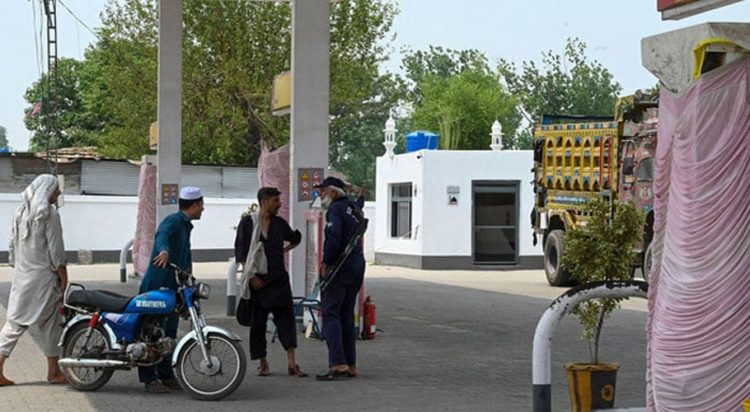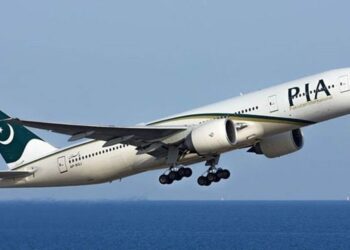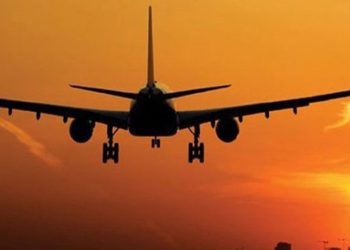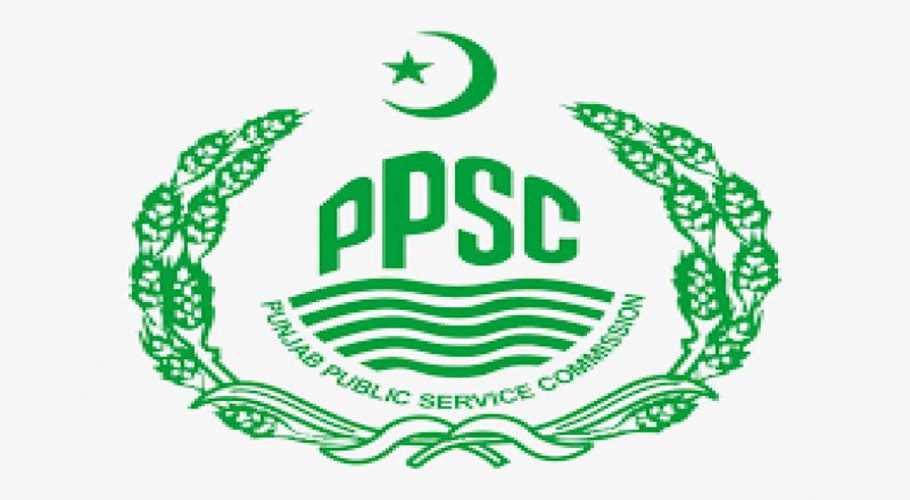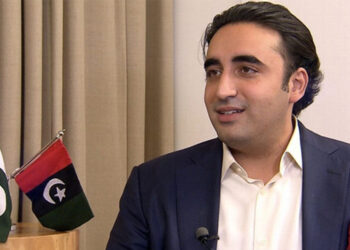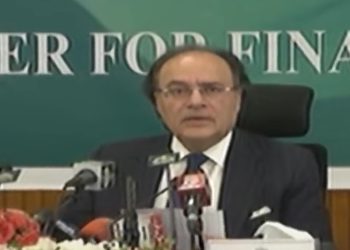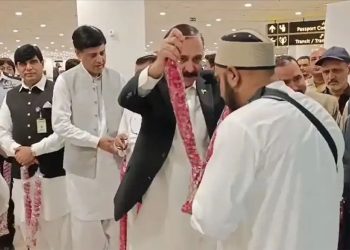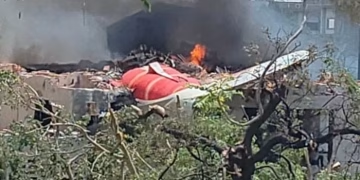The fuel crisis in Balochistan has significantly worsened due to the intensifying conflict between Israel and Iran, resulting in a severe disruption of Iranian oil supplies across the border, which has consequently led to the shutdown of numerous petrol stations.
The border districts of Balochistan with Iran, including Turbat, Gwadar, Panjgur, Chagai, Washuk, and Mashkail are worst-affected, as they were not only facing suspension of Iranian oil supply, but also a food shortage, as most edible supplies come from Iran.
As per media reports, around 60 to 70 per cent of petrol pumps have been closed due to the suspension of the supply of Iranian smuggled oil through Makran, Rakhshan, and Chagai areas. The petrol pumps selling smuggled Iranian petrol and diesel were already closed by the district administration last week, which also added to citizens’ woes in Quetta and other districts.
Those involved in the Iranian petrol business had increased prices, selling petrol for Rs280 to 300 per litre in the black market, while the government had fixed the local petrol price at Rs254 per litre.
However, the Balochistan government claimed that there was no fuel shortage in the province, as most petrol pumps were open in the provincial capital.
In a statement, provincial government spokesperson Shahid Rind refuted the impression that the province was facing a fuel shortage.
He said that petrol stations selling Iranian oil are safety hazards, citing 28 fuel-related accidents across Quetta in the past month, including incidents on Airport Road and in the Hazar Ganji area.
“These so-called shortages are being exaggerated by those who want to lift the ban on smuggled Iranian fuel,” Rind said, adding that strict action is being taken to ensure the supply of legal petrol through registered pumps. Petrol stations found involved in hoarding or refusing service will face immediate legal consequences, he warned.







